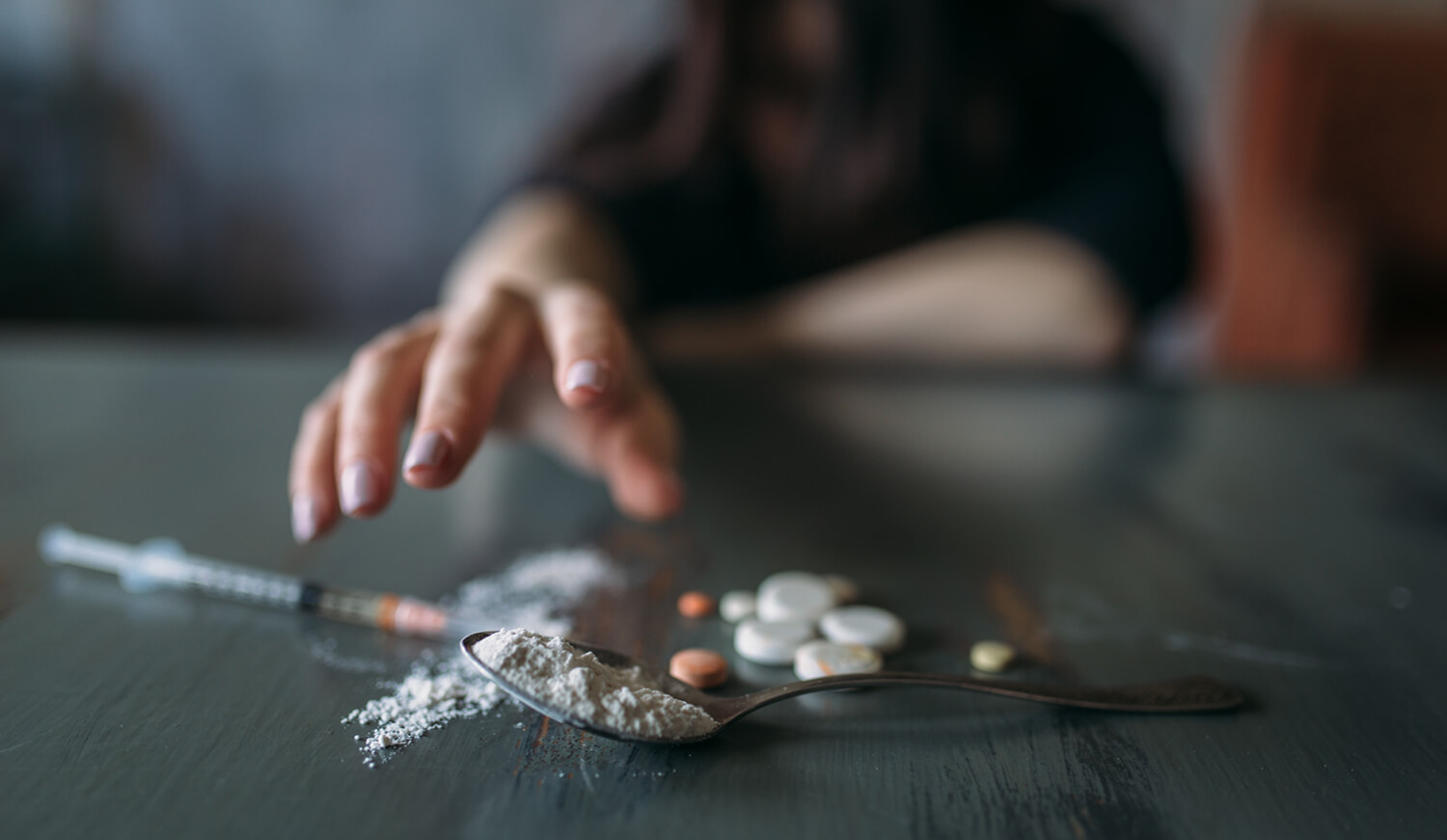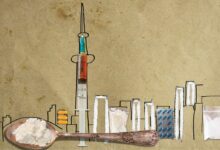“Drug use is a public health matter not a criminal justice one”
Ministry of Mental Health and Addictions British Columbia
The excessive number of overdose deaths in the province of British Columbia has set the alarm bells ringing—something must be done to stop this social scourge. What to do and how to do it has been the subject of discussion for years. The path Canada has chosen is to implement what has already been tried in other countries (including Portugal, as you can read on page 8), with reasonable success rates.
Within this Framework, Health Canada granted an exemption from the Controlled Drugs and Substances Act to the Province of B.C. from January 31, 2023 until January 31, 2026 where adults in B.C. are not subject to criminal charges for the personal possession of small amounts of certain illegal drugs.
Decriminalizing the consumption of hard drugs is not a decision to be taken lightly because there are those who reject this path from the start, considering that with this measure, it is in a way, “normalizing” the consumption of hard substances such as heroin, cocaine, fentanyl… etc.
The defense of those in favour is the word compassion and the certainty that drug addiction cannot be seen as a crime, but rather as a health issue. On the other hand, they also argue that by removing the recriminatory and incriminating view of those who use, existing resources are freed up to focus on the real heart of the problem—the trafficking and organized crime that feeds on those who become addicted.
We asked the British Columbia Ministry of Mental Health and Addictions what is actually being implemented and why. And we got answers—clear and telling.
Milénio Stadium: Our first question is – why? What made British Columbia go this route when it comes to drug addiction issues?
Ministry of Mental Health and Addictions: Drug use is a public health matter – not a criminal justice one. Criminalization drives people to hide their drug use and often use alone. Given the increasingly toxic drug supply – using alone can be fatal.
MS: What does it actually change and what impact it will have on the province of British Columbia?
MMHA: B.C. has decriminalized people who use drugs to fight the shame and stigma around addictions. Health Canada granted an exemption from the Controlled Drugs and Substances Act to the Province of B.C. from January 31, 2023 until January 31, 2026. Under this exemption, people found to be in possession of small amounts of certain illegal drugs will not have their drugs seized, face fines or criminal charges. Instead, they will be given information about voluntary mental health and addiction services, as well as local and treatment recovery options.
MS: As the Ministry of Mental Health and Addictions what are your main concerns about these new rules?
MMHA: Decriminalizing people who use drugs is a critical step in B.C.’s fight against the toxic drug crisis. It will break down the barriers that prevent people from reaching out for help and create new pathways to life-saving services.
By removing fear associated with criminalization, decriminalization aims to encourage voluntary connections to life-saving services, measured through: increased awareness of and comfort with accessing health and social services for people who use drugs; and increased connections between people who use drugs and health and social services, including prescribed safer supply. If evidence emerges to suggest that the current model is not helping B.C. reach its intended outcomes, the government will work with Health Canada to update it.
MS: What do you think about the fears of those who think that the decriminalization of hard drugs could contribute to a “normalization” of their use, especially among the young?
MMHA: Decriminalizing people does not mean legalizing drugs. Drug trafficking and drug-related offences involving any illegal substances in any amounts remains illegal. In addition, decriminalization does not apply to youth under the age of 18. Youth who are found in possession of illegal drugs are subject to the federal Youth Criminal Justice Act, in which they are offered alternatives to criminal charges in some cases, such as referral by law enforcement to appropriate community or health services.
Government will continue to work with key partners and stakeholders, including Health Canada, to ensure that the approach to youth is appropriate and does not create unintended harms.
MS: How can these new rules help combat the substantial increase in overdose deaths caused by opioid use, in Canada?
MMHA: As a part of decriminalization, the government is investing in enhanced evidence-based substance use prevention education for teachers, parents and students, to better understand health and safety issues related to drug use, including differences between decriminalization and legalization.
MS: The example of Portugal has served to justify the application of these new rules. What can Canada learn from the Portuguese experience in this matter?
MMHA: Different forms of decriminalization have been implemented in many other jurisdictions, including Portugal and Oregon state in the United States. Decriminalization has not led to an increase in substance use at a population level in jurisdictions that have taken this step.
In developing B.C.’s exemption request, the Ministry of Mental Health and Addictions considered the strengths and limitations of other decriminalization models. This was conducted through information sharing, consulting drug policy experts, conducting jurisdictional scans, and analyzing applicable research.
Government remains focused on preventing problematic substance use, minimizing harms for those who are using, and ensuring that people with addictions have access to treatment and recovery options.
MS: Do you believe that British Columbia will serve as a model for other provinces to see if the results obtained justify the adoption of this type of regulation?
MMHA: Together, the federal and provincial governments will be working closely to evaluate and monitor the exemption, including the policy design and implementation outcomes, to address any unintended consequences and ensure that people are not being recriminalized. B.C. recognizes that as the first Canadian jurisdiction to decriminalize people who use drugs, other provinces and territories will be interested in learning about BC’s experience implementing this landmark new policy. The BC Ministry of Mental Health and Addictions has a robust monitoring and evaluation framework in place and expects to generate new knowledge that can assist other provinces and the federal government to modernize drug policies to reflect a health-focused response.
Decriminalization is just one tool in B.C.’s toolkit in the fight against the toxic drug crisis. Government is continuing to build an integrated system of mental health and addiction care that works for all British Columbians. Through Budget 2023, the Province has made the largest investment provincial history – $1 billion in funding will strengthen and expand mental health and addictions services in B.C. This includes a historic $586 million investment into treatment and recovery services, so that people who struggle with addiction or substance use can find and stay connected to the care they need.









Redes Sociais - Comentários